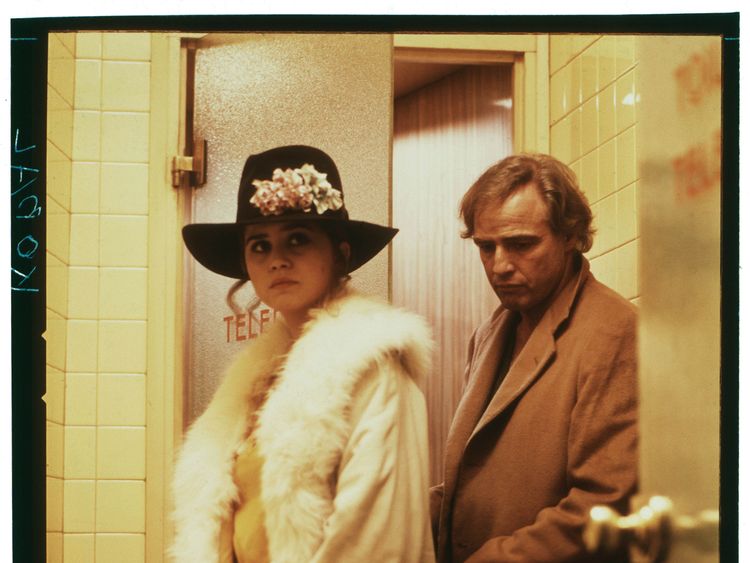Italian director Bernardo Bertolucci, who won nine Oscars for The Last Emperor and shocked the world with Last Tango In Paris, has died aged 77.
Bertolucci passed away at his home in Rome after illness, surrounded by his family, Italian state media agency RAI said.
His press office confirmed his death in an email to The Associated Press.
His 1987 masterpiece The Last Emperor, the story of Pu-Yi, the last emperor of China, won all nine Oscars it had been nominated for, including best movie and best director.
Bertolucci's films often explored the sexual relations of characters stuck in a psychological crisis, such as the controversial Last Tango In Paris.
He was born in the northern Italian town of Parma in 1941, the son of poet Attilio Bertolucci, and studied at Rome University and, despite winning an award for his own poetry aged 21, he decided to become a film-maker.
After working as assistant director to Pier Paolo Pasolini on the film Accattone in 1961, he directed his first movie, La Commare Secca, a year later.
Before The Revolution, which was released in 1971, received an Academy Award nomination for best screenplay.

The following year, Bertolucci earned an Oscar nomination for best director for Last Tango In Paris, starring Marlon Brando and Maria Schneider. The movie was banned in Italy and only released 15 years later.
In the film, a sexual drama, Brando's character famously uses butter as a lubricant before forcing himself on her.
Schneider, who was just 19 during filming, later said she was traumatised by the movie and that the butter scene had not been in the script and had been included without warning.
"Marlon said to me: 'Maria, don't worry, it's just a movie,' but during the scene, even though what Marlon was doing wasn't real, I was crying real tears," she told the Daily Mail in 2007.
"I felt humiliated and to be honest, I felt a little raped, both by Marlon and by Bertolucci."
A self-professed Marxist, Bertolucci did not shy away from politics and ideology and some critics consider 1970's The Conformist his best work.
The story of a sexually confused would-be fascist trying to fit in in 1938 Rome inspired many film-makers, including modern cinema giants such as Francis Ford Coppola and Martin Scorsese.
He in turn was inspired by Italian predecessors Michelangelo Antonioni and Federico Fellini, and his releases also bore the imprint of his own experiences in psychoanalysis.
His other credits include The Sheltering Sky, featuring Debra Winger and John Malkovich; Little Buddha, with Keanu Reeves as Siddharta; Stealing Beauty starring Liv Tyler.
Bertolucci's work was famous for its lush and vivid visuals, thanks in no small part to his regular director of photography, Vittorio Storaro, who also worked on Coppola's Apocalypse Now and Warren Beatty's Reds.
Bertolucci often described movie-making as his way of communicating with the audience. It was his personal language.
"Maybe I'm an idealist, but I still think of the movie theatre as a cathedral where we all go together to dream the dream together," he said.
Unusually for his chosen field, he enjoyed critical success for most of his career and in 2011 he was honoured for lifetime achievement at the Cannes Film Festival.
More from Italy
A fierce critic of what he saw as Hollywood's domination of the film industry, he told Italian daily Corriere della Sera in 1990: "When it comes to commercial cinema, I have the strange pleasure of feeling that I'm from another tribe, an infiltrator."
He is survived by his wife, the British screenwriter and director Clare Peploe.
[contf] [contfnew] 
Sky News
[contfnewc] [contfnewc]






